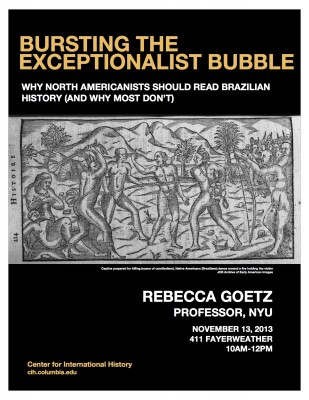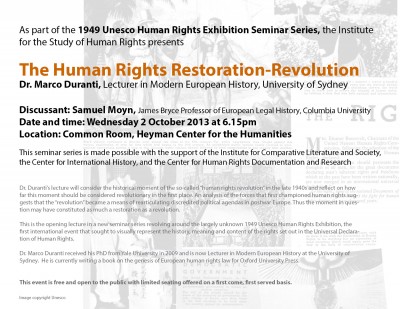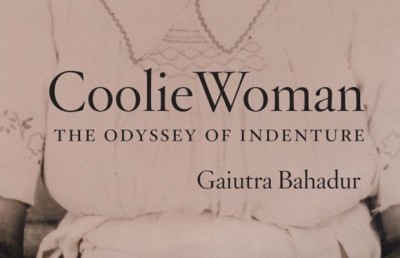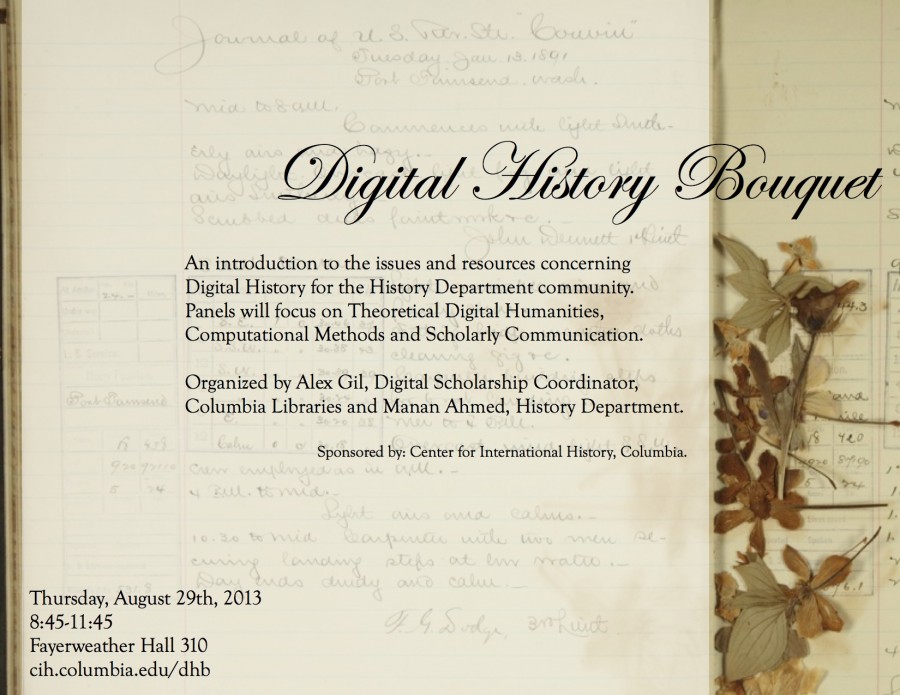If you cannot join us on October 30th for the conversation with Judith Butler and Cornel West titled, Palestine and the Public Intellectual: Honoring Edward Said, we invite you to watch the event on live-stream. We will begin at 7:15PM (Eastern). Please follow the link to tune-in:
Livestream: http://www.columbia.edu/cu/palestine/programs/featuredevent.html#livestream
Unfortunately, this event has been fully booked and registration is closed.
For those that have registered, please remember that registration does NOT guarantee entrance to the event and seating is on a first-come, first-seated basis.
We hope that you tune-in.
~~~~~~~~~~~~~~~
Judith Butler and Cornel West, in Conversation
Palestine and the Public Intellectual: Honoring Edward Said
On the Tenth Anniversary of Edward Said’s passing, renowned scholars Judith Butler and Cornell West will discuss what it means to be a public intellectual and Edward Said’s impact on the academic discourse of Palestine.
Introduction
Lila Abu Lughod, Director of the Middle East Institute and Professor of Anthropology & Gender Studies, Columbia University
Moderator
James Schamus, Professor of Professional Practice, School of the Arts, Columbia University
Judith Butler is a leading scholar in the fields of ethics, political philosophy, feminist philosophy and queer theory. Visiting Professor of the Humanities at Columbia University and Maxine Elliot Professor in the Department of Comparative Literature and the Program for Critical Theory at the University of California, Berkeley. Butler is the recipient of the Mellon Award for Distinguished Scholarship in the Humanities. Author of many influential books from Gender Trouble to Precarious Lives, her most recent book is Parting Ways: Jewishness and the Critique of Zionism. She is active in gender and sexual politics and human rights, anti-war politics, and a board member of Jewish Voice for Peace.
Cornel West is a prominent academic and provocative democratic intellectual, activist, and author. Professor of Philosophy and Christian Practice at Union Theological Seminary, he is emeritus from Princeton University. West has written 20 books on the subjects of race, gender and class in America including the influential Race Matters. Co-host of the popular radio show “Smiley & West” and co-author of a new book titled The Rich and the Rest of Us: A Poverty Manifesto, West keeps alive the legacy of Martin Luther King, Jr. – a legacy of telling the truth and bearing witness to love and justice.
All attendees must RSVP and bring a photo ID. This event is free and open to the public. Seating is on a first-come, first-seated basis.
Sponsored by the Center for Palestine Studies (CPS) with the generous support of the Institute for Research in African American Studies (IRAAS) and the Anthropology Department, as well as the Middle East Institute (MEI), Heyman Center for the Humanities, Institute for Research on Women and Gender (IRWAG), Center for International History (CIH), Center for the Study of Ethnicity and Race (CSER) and the Institute for Comparative Literature and Society (ICLS).
October 30, 7PM (doors open at 6PM)
Low Library Rotunda (Enter gates on 116th & Broadway or Amsterdam Avenue)
Columbia University
RSVP Required (Registration Closed)



